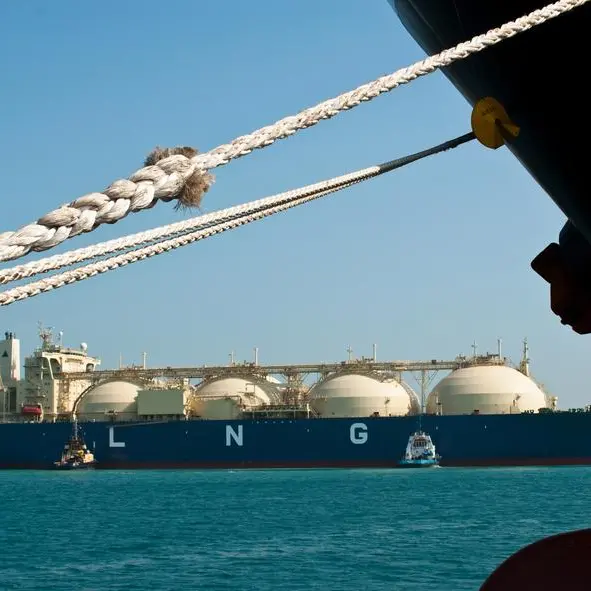PHOTO
A severe escalation of the conflict in the Middle East could see oil prices climb significantly higher, the World Bank said on Thursday.
In its latest Commodity Markets Outlook, the World Bank also noted that a major outbreak of the crisis in the region could pause inflationary decline and stoke commodity prices globally.
“If the conflict in the Middle East were to escalate further… oil-supply disruptions could push up global inflation,” the Washington-based international organisation said.
A moderate supply disruption could send Brent prices at $92 per barrel, while a severe flare-up of tensions could mean oil trading at more than $100.
Brent crude oil climbed to $91 per barrel earlier this month, nearly $34 per barrel above the average recorded between 2015 and 2019.
“Global inflation remains undefeated”, noted Indermit Gill, World Bank Group’s Chief Economist and Senior Vice President.
“A key force for disinflation – falling commodity prices – has essentially hit a wall. That means interest rates could remain higher than currently expected this year and next. The world is at a vulnerable moment: a major energy shock could undermine much of the progress in reducing inflation over the past two years.”
Commodity prices
Commodity prices around the world are currently levelling off after posting a steep decline. Between mid-2022 and mid-2023, prices fell by nearly 40%. Since mid-2023, however, the World Bank’s index of commodity prices has remained essentially unchanged.
If the geopolitical tensions will not worsen, the bank said commodity prices could decline by 3% this year and 4% in 2025. The rate of decline, however, will not do much to subdue inflation that remains above central bank targets in most countries.
The price of gold is expected to hit a record this year and moderate slightly in 2025. Prices this year will be supported by strong demand from several central banks in developing countries, as well as heightened geopolitical challenges.
The bank also sees increases in the prices of natural gas, fertilizers and food due to an escalation of the conflict in the Middle East, a major gas supplier.
A baseline forecast, however, calls for the overall food prices to drop by 6% this year and 4% in 2025, while fertilizers could fall by 22% and 6% over the same period.
(Writing by Cleofe Maceda; editing by Seban Scaria)





















